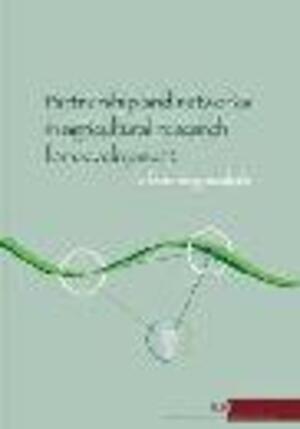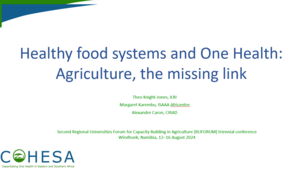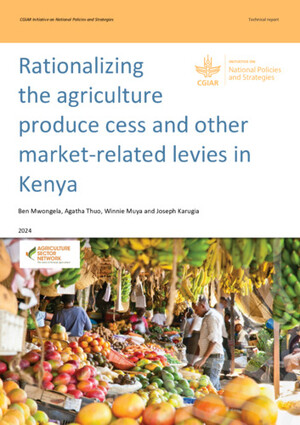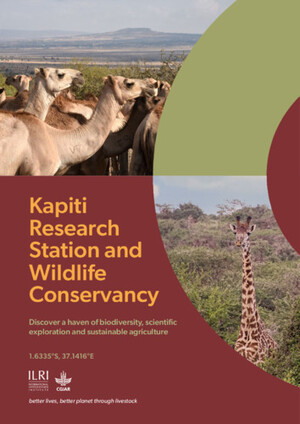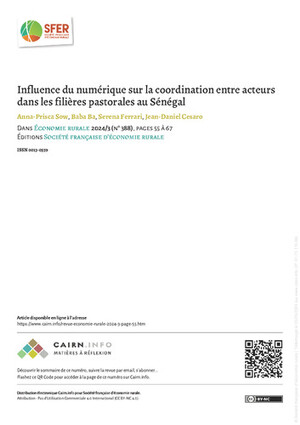
The effects of climate on decomposition of cattle, sheep and goat manure in Kenyan tropical pastures
Abstract
Decomposition of manure deposited onto pasture from grazing animals represents an important process for carbon (C) and nitrogen (N) cycles in grassland systems. However, studies investigating manure decomposition are scarce; especially in sub-Saharan Africa (SSA).In this study, we measured decomposition of three types of animal manure (cattle, sheep, goat) over >1 year using litter bags at four climatically different sites across Kenya. Results Manure dry matter, total C, total N and ammonium concentrations decreased exponentially, with the most rapid decrease occurring during the first few weeks following application, followed by slower changes during the following 2–3 months. Rates of N mineralization were lower than those for C mineralization, resulting in decreasing C/N ratios over time. Generally, cattle manure decomposed faster than sheep or goat manure despite having a higher initial C/N ratio and lower N concentration, with decomposition rates for dry matter ranging from 0.200 to 0.989 k year−1. Cellulose decomposed first, while lignin concentrations increased among all manure types and at all sites.We found that total manure decomposition rates were positively correlated with cumulative precipitation and aridity index, but negatively correlated with mean temperature. Our results show much slower decomposition rates of manures in semi-arid tropical environments of East Africa as compared to the few previous studies in temperate climates.
Citation
Zhu, Y., Merbold, L., Leitner, S., Pelster, D.E., Abwanda, S., Ngetich, F., Onyango, A.A., Pellikka, P. and Butterbach-Bahl, K. 2020. The effects of climate on decomposition of cattle, sheep and goat manure in Kenyan tropical pastures. Plant and Soil.





